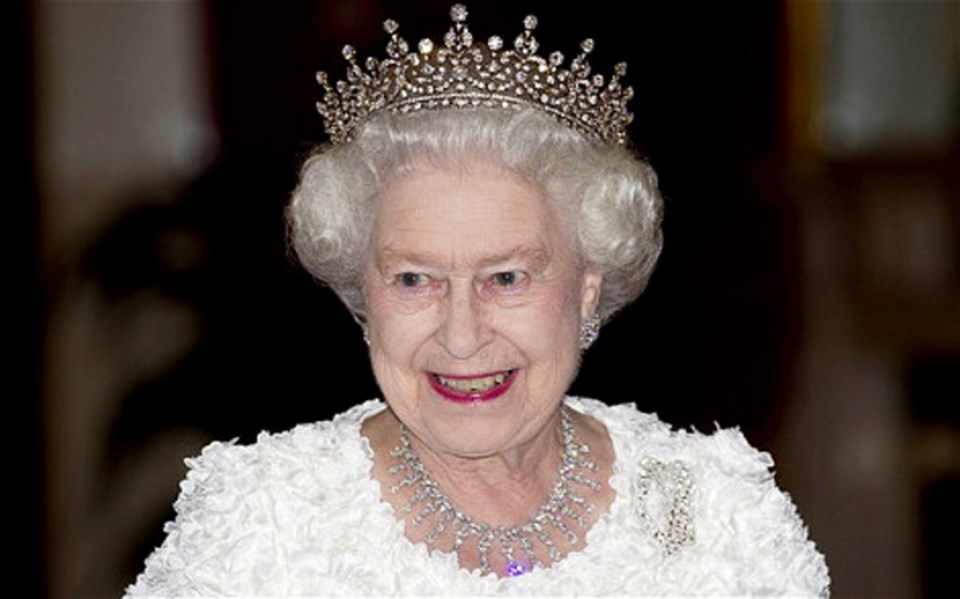Since the passing of Queen Elizabeth II, I’ve been thinking a lot about thrones and leadership styles. A few democracies could learn a thing or two, especially about the peaceful baton passing of power from the Queen to the King.
Some people want to get rid of the monarchy. I am somewhat ambivalent. I lean toward leaving well enough alone. I figure there are enough changes going on in the world. After all, Russians and Ukrainians are burying their sons and daughters. I am not sure we have time for another distraction.
I admire the Queen’s legacy, and most of all her style of leadership. Her life was not perfect. She had to get used to some dysfunction in her own family. Don’t we all? Contrary to popular opinion, a life of privilege comes with its own challenges, especially when it comes to matters of the heart.
Despite this, she did not need to tell you how great she was, or that she had the best words. Can you imagine any political leader living under the public gaze for 70 years without saying dumb stuff at least once every full moon? It prevented her from needing to apologize as our leaders do, or probably should. Though she was often seen dining with heads of state, she did not seek to be seen.
Whatever became of her style of humble servant leadership? We seem beyond humility in politics. Must we be treated to an angry barrage of how horrid your opposition is? I suppose that is the advantage to the monarchy. You do not need to tweet about how great you are or that you are really, really rich. You can just get on with stuff.
There is a lot of throne switching these days. In the U.K. (or England, as we used to call it), there is a new king but also a new prime minister. Liz Truss will have the honour of being the last prime minister asked to form a government by Queen Elizabeth II.
Sticking to the topic of thrones and humility, here in Canada, the colony we like to believe that the Queen loved most, the Conservatives have elected a new leader. Mr. Poilievre does not sit on a royal throne but he is the man who would be king. His reign is not a surprise. He is like a Harley Davidson; you can hear him from a mile away—his volume knob is stuck on high. Some suggest it is just physics. For every action, there is a reaction. They argue that he swings to the right because his opposition has swung to the left. I wish him the best in his role.
Our leaders stand in stark contrast to the Queen. Her humility and dignity remained relatively steadfast, even during turbulent times. While many admire the Queen for this, I am inclined to think that another large part of her appeal is nostalgia. Subliminally, we feel that we are moving into a new era.
Queen Elizabeth represented simpler times. Enemies were easier to see. During World War II, we knew who our friends were. After stuffing ourselves on turkey, we could watch the Queen’s message. It was quaint and inoffensive. She did not yell or need to tell you “I am woman I am strong.” She just lived it and nobody doubted it. Though she was modern, she seemed unencumbered by modern anger. She knew she was fortunate, and as a result seemed to treat people with respect rather than arrogance.
Of course, we point the finger at our leaders, but they are us. She was a good model for leaders, but also for each one of us to respect our neighbours both here and afar. The truth is that we are often just as guilty.
“Those who serve will be loved and remembered longer than those who cling to power and privilege are long forgotten.” – Archbishop of Canterbury, Justin Welby, at the funeral for Queen Elizabeth II.
